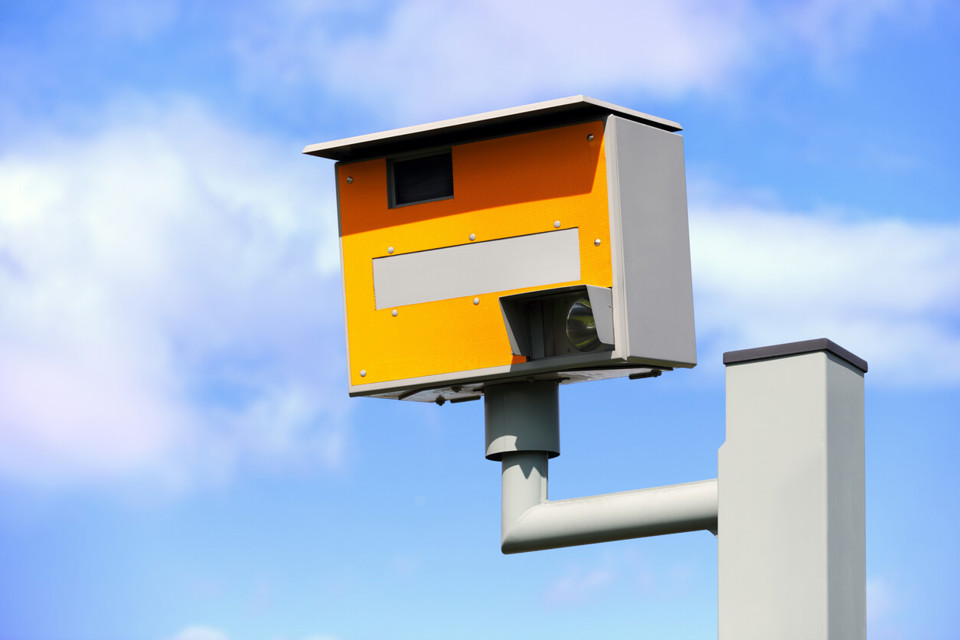Motorists caught speeding on the motorway could be fined £10,000 after the Government announced it was quadrupling the maximum fine as part of sweeping reforms to the penalties which can be imposed by magistrates.
Other fines for breaking the limit on dual carriageways and other roads will also increase four-fold from £1,000 to £4,000, along with the maximum fine for using a mobile telephone at the wheel.
Magistrates will also get the power to impose unlimited fines for more serious offences such as careless driving or driving without insurance for the first time.
Pete Williams, head of external affairs at the RAC, said: “What we’re seeing is an ever-increasing level of fines and penalties for drivers coming out of Whitehall with little-to-no improvement in how these are enforced.
“While legislation clearly needs to act as a deterrent, there seems little point in making such massive hikes without the proper infrastructure to back it up.
“Many motorists who do speed or use their mobile at the wheel don’t think they will get caught despite the already significant fines.
“When will we hear the Government is investing in better road safety awareness campaigns and police on the roads, rather than just doling out what looks like revenue-boosting punishment?”
Martin Wedge, managing director of fleet management company OVL Group, wants the Government to look again at the balance between endorsement and enforcement when it comes to cutting road deaths.
He told Fleet News that there are inherent contradictions in new plans to give UK magistrates the powers to hand out up to £10,000 in fines for speeding drivers just days after it controversially shelved a scheme to delay young drivers taking to the road immediately after passing their driving tests.
“The Government seems to be ‘crashing in the same car’ by abandoning plans to delay youngsters taking to the roads after their driving tests by up to a year,” he said.
“The review of tougher penalties on driving offences is not inherently flawed, but so soon after it ignored the groundswell of evidence on young driving, seems to be all stick and no carrot.
“Just about every driving group criticised the Government for shelving the new driving test rules, particularly as these would have more long-term impact upon driving behaviours than draconian fines. We need to look at longer-term strategies for encouraging good driving.”
Wedge was referring to the ignored evidence from the Department of Transport’s own figures and bodies including RoSPA, the AA, and the Institute of Advanced Motorists (IAM) that all highlighted the fact that one in four fatal accidents involved a young driver and one in five young drivers will have an accident within six months of passing their test.
The proposed shake-up of the licence law would have seen a year-long delay for probationary drivers to learn their craft behind the wheel and curfews on driving as accidents involving young people dramatically increased at night.
Proposed ‘carrots’ would have been lower insurance premiums to reward these probationers.
But plans were scrapped because the Department of Transport was worried the changes would impinge on young drivers’ ability to get to work and training, to education and to leisure activities – potentially increasing their costs and restricting job opportunities.
“The Government is thinking of higher penalties – up to £10,000 for speeding and unlimited fines for drink-driving, but this is putting the cart before the horse.
“Road deaths, according to the IAM, cost the UK economy £16 billion per year. But solving the problem through longer training and education is a more sustainable way of reducing that cost that any quick - fix large fines – those that cannot readily be paid and will cost the courts thousands of pounds to enforce.
“Let us instead look more at a model that better balances endorsement of good driving and enforcement of existing laws against bad behavior behind the wheel.”


















Terry Hudson - 12/06/2014 16:28
Jeremy Wright, the Justice Minister announcing these savage increases said that it was "an effective way of punishing criminals" As it would be morally wrong to allow "criminals" to enforce the law, will all police officers, magistrates etc that have had speeding convictions, be asked to resign?